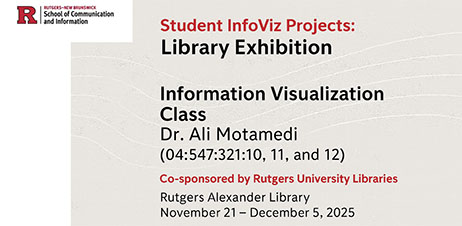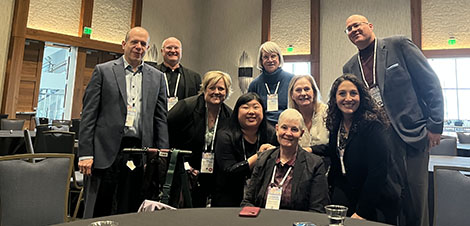New Study Unveils Early-Warning Framework to Predict Surges of Online Abuse
Using only the first ten comments in online threads, researchers from Rutgers and University at Albany have developed an early-warning framework that can predict when a toxic social media conversation is likely to erupt into a wave of abusive remarks—a phenomenon that the team calls “









